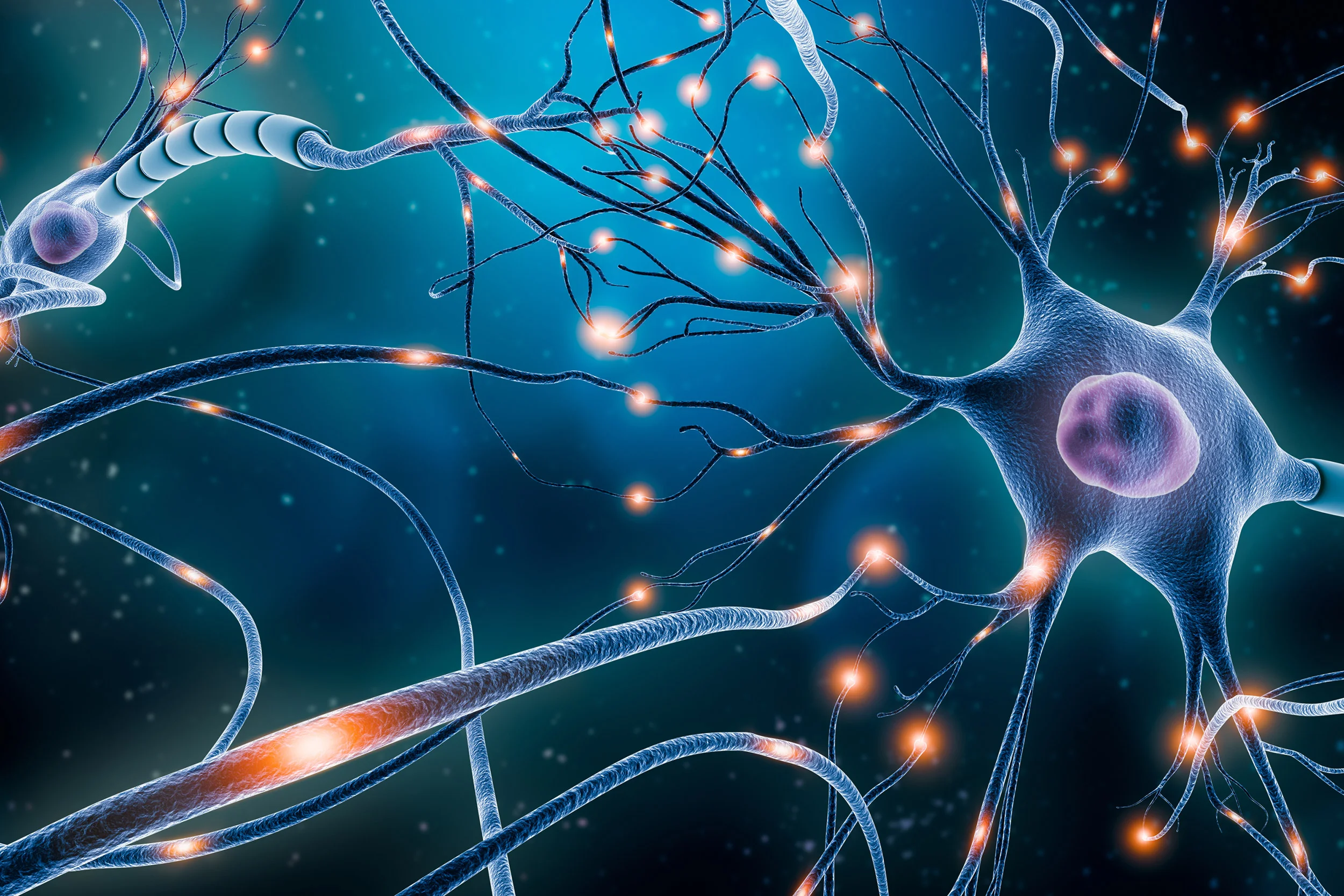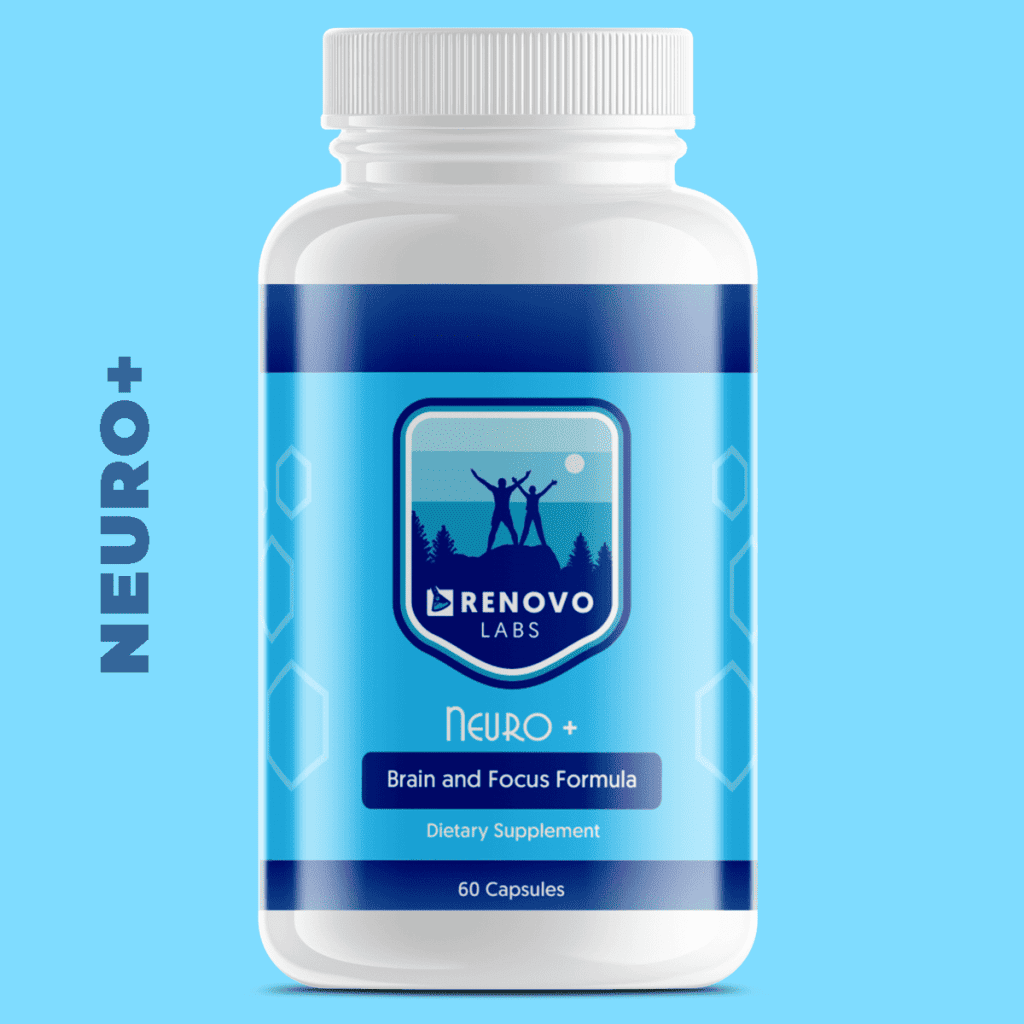You’re fed up, you’ve been working too many overtime shifts, parental duties are taking a toll on you, and you’ve come to the conclusion, ‘I have no patience for my ADHD child’. Don’t be so hard on yourself; the truth is that you’re not alone.
Parenting a child with Attention Deficit Hyperactivity Disorder (ADHD) can be a challenging experience that can take a toll on the caregiver’s mental and physical health. It’s common to feel overwhelmed and frustrated as you try to manage your child’s behavior and help them cope with their symptoms. However, with a bit of education, patience, and perseverance, you can learn to manage your child’s behavior better and maintain a healthy relationship with them.
In this blog, we have covered the challenges of parenting a child with ADHD and strategies to manage their behavior. By educating yourself about ADHD and developing a plan to help your child succeed, you can build a strong and positive relationship with your child and help them thrive.
Understanding Attention Deficit Hyperactivity Disorder (ADHD)
ADHD, or Attention Deficit Hyperactivity Disorder, is a neurodevelopmental disorder that can have a significant impact on a child’s life. Children with ADHD may struggle not only with paying attention, but also with controlling their impulses and managing their behavior. This can lead to difficulties in following instructions, completing tasks, and staying organized. Children with ADHD may also have difficulty with social interactions and emotional regulation, which can cause conflicts with peers and family members.
To make matters worse, ADHD is a relatively common disorder, affecting approximately 8-10% of children worldwide. Although it is more commonly diagnosed in boys than girls, the disorder can have a significant impact on both genders. Despite the prevalence of ADHD, the exact cause of the disorder remains unknown. While some research suggests that genetics and environmental factors may play a role in its development, more research is needed to fully understand the disorder and develop effective treatments.
Don’t blame yourself either – it’s important to note that ADHD is not a result of poor parenting or a lack of discipline. In fact, parenting strategies that work well for other children may be completely ineffective for children with ADHD. Instead, children with ADHD may require specialized interventions and accommodations in order to succeed. These interventions may include behavioral therapy, medication, or changes to their educational environment. By working closely with healthcare professionals and educators, parents can help their children with ADHD reach their full potential and lead happy, fulfilling lives.
A Look Inside Their Mind: The Neurochemistry of a Child with ADHD
ADHD occurs due to a chemical imbalance in the brain, which affects the neurotransmitters responsible for cognitive function. The levels of dopamine, norepinephrine, and serotonin in the brain of a child with ADHD are lower, which affects their behavior, mood, and cognitive function. This imbalance also makes it difficult for them to control their impulses and focus on a particular task. Children with ADHD often have a short attention span, which can make it difficult for them to complete tasks that require sustained effort.
Tips on How to Deal with a Child With ADHD
Effective management strategies for children with ADHD include consistency, structure, and routines. Children with ADHD often thrive in predictable environments that are free from distractions, with clear expectations and boundaries. Additionally, visual aids like charts and checklists, breaking tasks into manageable steps, and providing frequent breaks can be helpful. Positive reinforcement for good behavior is also crucial in helping your child to feel valued and appreciated.
It is also important to communicate with your child’s teachers and other caregivers to ensure that they are aware of your child’s condition and can provide the necessary support. Together, you can develop a consistent approach to managing your child’s behavior, which will be more effective than if you work alone.
Dealing with a Child Who Has AHDH at a Glance
Educate Yourself about ADHD:
Gain knowledge about ADHD through books, workshops, and consultations, enabling you to understand your child's experiences and needs.
Establish Consistent Routines:
Create structured schedules for daily activities to provide predictability and a sense of control for your child.
Break Tasks into Manageable Chunks:
Help your child with ADHD by breaking tasks into smaller steps, using timers and positive reinforcement to maintain focus.
Create an Organized Environment:
Maintain an organized and clutter-free space with designated areas for belongings, using labels and color-coded systems to reduce distractions.
Encourage Regular Physical Activity:
Promote physical exercise as it helps release excess energy, improves focus, and promotes better sleep patterns.
Practice Positive Discipline Techniques:
Use positive reinforcement, clear expectations, and consistent consequences to promote desired behaviors, while maintaining open communication and understanding.
Seek Support and Build a Network:
Connect with support groups, parent networks, and online communities to find emotional support, share experiences, and gather valuable strategies for coping with ADHD.

Don’t Forget to Make Time for Self-Care
Caring for a child with ADHD can be a challenging experience that can take a toll on the caregiver’s mental and physical health. It’s crucial for caregivers to prioritize their own well-being, including finding ways to manage stress levels and engaging in activities they enjoy. Taking care of your own mental and physical health will help you to be more patient and present for your child.
Joining a support group for parents of children with ADHD can be a great way to share experiences and seek advice from others who are going through similar challenges. It’s also essential to keep an open line of communication with your child’s healthcare provider and to work with them to develop a customized treatment plan that works best for your child.
Phosphatidylserine as a Supplement for Managing ADHD Symptoms
Phosphatidylserine is a natural ingredient that shows promise in managing ADHD symptoms, including improving attention span, memory, and cognitive function. This phospholipid is a critical component of cell membranes and is involved in numerous cellular functions, including cognitive function. Studies have shown that supplementing with Phosphatidylserine can improve attention span, memory, and cognitive function in children with ADHD.
Phosphatidylserine is a safe and natural way to help manage the symptoms of ADHD. It’s important to note that while Phosphatidylserine shows promise in managing ADHD symptoms, it is not a cure for the disorder. It should be used in conjunction with other management strategies, such as behavior therapy, medication, and lifestyle changes.
Neuro+ for Improved ADHD Management and Brain Function
Renovo Labs’ Neuro+ is a nutritional supplement that contains Phosphatidylserine and other essential nutrients to support cognitive function. It may help increase your child’s attention span, improve their compliance, and reduce hyperactivity. Neuro+ is a safe and natural way to help your child manage the symptoms of ADHD. It’s important to note that while Phosphatidylserine shows promise in managing ADHD symptoms, it is not a cure for the disorder. It can be used in conjunction with other management strategies, such as behavior therapy, medication, and lifestyle changes.
** These statements have not been evaluated by the Food and Drug Administration. This dietary supplement product is not intended to diagnose, treat, cure or prevent any disease **
Parenting an ADHD Child: Strategies and Support for Thriving
Parenting an ADHD child is a challenging yet rewarding journey. It’s important to remember that you are not alone and there are resources available to provide guidance, support, and encouragement along the way. With the right strategies and support, you can help your child with ADHD thrive and achieve their full potential. By learning about the disorder and implementing strategies to manage your child’s behavior, you can maintain a healthy relationship with them and help them feel valued and appreciated.
Remember, there is no one-size-fits-all solution for managing ADHD. What works for one child may not work for another. It’s essential to be patient, flexible, and open-minded as you navigate the journey of parenting a child with ADHD. With the right support, you can help your child to thrive and achieve their full potential. If you’re looking for a natural alternative to ADHD medications, consider Neuro+ by Renovo Labs with clinically-proven ingredients to alleviate the symptoms of ADHD.





 Excludes DNA Testing
Excludes DNA Testing